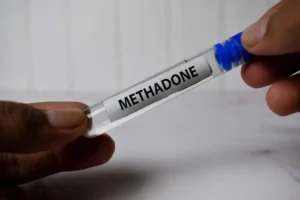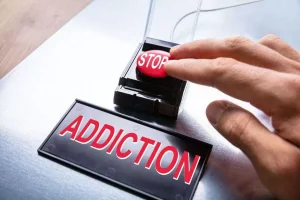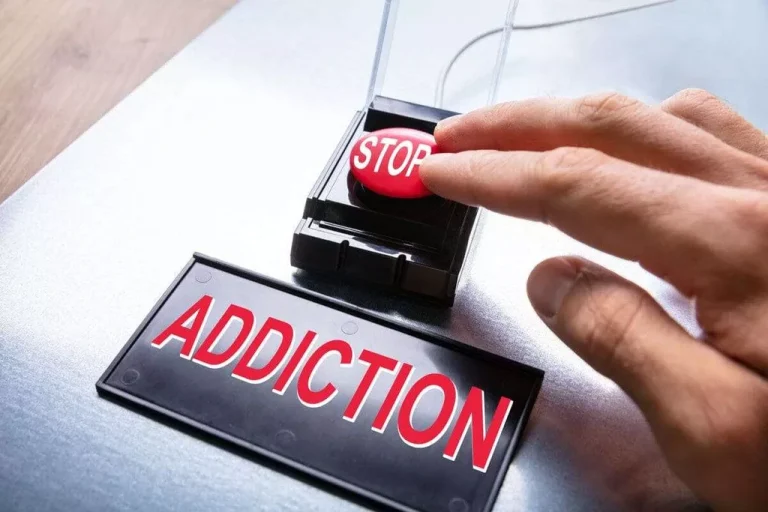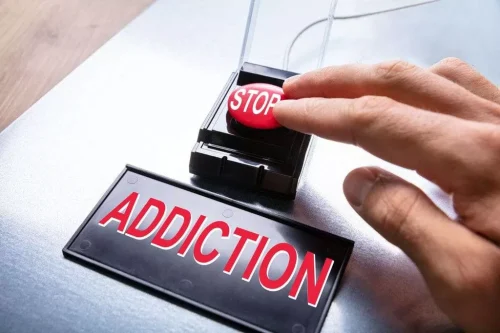
Eating a balanced meal before drinking alcohol can also help maintain blood sugar levels. Gradually reducing caffeine intake can help minimize withdrawal symptoms such as headaches and irritability. One effective method is to decrease the number of caffeinated beverages you Sober living house consume daily while replacing them with decaffeinated options or herbal teas. Start by reducing your usual intake by one cup every few days until you reach a comfortable level. The symptoms of over-caffeination can vary from person to person, but they commonly include anxiety, restlessness, rapid heartbeat, digestive issues, and insomnia.

Signs of Increased Irritability After Coffee:

And if you need support, professionals are there to help you enjoy your coffee (or tea) in peace. For those with underlying health conditions like heart arrhythmias or anxiety disorders, even small amounts of caffeine can cause a bigger reaction. Don’t hesitate to reach out to a healthcare provider who can help you understand your body’s unique needs. If you’re looking for a smart caffeine hack, try pairing your coffee with L-theanine. Found naturally in tea, this amino acid promotes feelings of relaxation without making you drowsy.

When to Seek Professional Advice
Withdrawal symptoms could be caused by muscle twitching after drinking if you are over-dependant on alcohol. This is due to the sympathetic nervous system becoming overactive without alcohol to depress it. Body twitching during the day or in your sleep can also be due to stress, anxiety, dehydration, a reaction to stimulants or nutritional deficiencies. One of the symptoms of alcohol tremors is that they happen after binge drinking or drinking for an extended time. There are a few different possible causes for them, although they all often will look the same to the observer.
Your Blood Sugar Will Drop
If you think you might be experiencing alcohol addiction know that it is treatable but it’s important to get help and support to do so. If you’re on medication, discuss with your doctor whether caffeine could interact with your prescriptions, leading to increased anxiety or jittery sensations. Sometimes, the jitters stemming from coffee are not solely physiological but psychological.

Avoid consuming more caffeine until the effects have fully worn off, and be mindful of how caffeine affects you for future reference. While you might be tempted to grab a sweetened beverage or sugary snack for energy, several hours later you may feel worse. Simple sugars cause spikes in blood sugar, resulting in feeling lightheaded or weak. Understanding how the glycemic index and glycemic load affect blood sugar can help you select foods that provide energy with no crash. While decaf coffee is generally considered safe for most people, some potential health risks may affect certain individuals. For example, the solvents used in some decaffeination processes can be a concern for those sensitive to chemicals.

- Caffeine blocks adenosine receptors, which can lead to heightened anxiety and shakiness, especially if consumed in excess.
- Think of the jitters as your body’s way of telling you that you need to let go of some energy.
- Deep breathing helps to slow your heart rate and relax your body.
- The best thing you can do about caffeine jitters is avoid getting them.
- The problem with drinking tons of coffee is that many people are overconsuming caffeine without realizing it.
- In this comprehensive guide, we’ll dive into the effects of excessive coffee consumption, the symptoms of caffeine overdose, and effective strategies to alleviate discomfort.
Caffeine has a half-life of 2 to 12 hours, which means that’s the amount of time that your body needs to metabolize and eliminate half the dose of caffeine you consumed. Let’s review a few frequently asked questions jittery after drinking to make sure you fully understand the relationship between coffee, caffeine, and coffee jitters. Tea contains less caffeine than coffee and is a good source of antioxidants.
- A balanced diet can help support your body’s recovery process and minimize the severity of hangover symptoms.
- Adding sugar to your coffee might seem like a good idea since it adds calories, but beware!
Symptoms Associated with Shaking After Drinking
Remember, if the jitters persist despite all measures, it may be worth consulting a healthcare professional to explore further options tailored to your unique body chemistry. Before we dive deep into the world of decaffeinated coffee, it’s important to understand what caffeine does to the body. Caffeine is a natural stimulant found in coffee, tea, energy drinks, and other beverages.
- Alcohol consumption can cause your body to release insulin, which lowers your blood sugar levels.
- When you’re deficient in key nutrients, your body becomes less resilient and more susceptible to the negative effects of alcohol.
- It’s easy to overlook the subtle signs that your body is rejecting caffeine until they become impossible to ignore.
- Luckily, there are ways to curb that reaction to caffeine — and avoid it altogether.
- If you consume approximately 1,200 mg of caffeine, however, it could induce seizures.
How to Cope with Hangover Shakes
A balanced meal helps keep energy levels steady throughout the day. Drinking water is one of the easiest ways to feel better after consuming caffeine. Staying hydrated is important for the body, especially after having energy drinks. Water helps flush out toxins and keeps everything working smoothly. It’s also beneficial to replace caffeinated snacks and beverages with non-caffeinated options. Keeping a balanced diet and staying well-hydrated will help lessen the desire for caffeinated drinks.
Caffeine can heighten anxiety levels in certain individuals by stimulating the production of stress hormones. When caffeine blocks adenosine, it may inadvertently provoke the body’s stress response, making some people feel anxious or on edge. This is particularly true for those who are predisposed to anxiety disorders or those who are experiencing high-stress situations in their lives. Generally, lighter roasts contain slightly more caffeine than darker roasts. This is due to the fact that the roasting process actually reduces caffeine levels to some extent. Understanding these variations can help you make more informed choices regarding your coffee consumption.

